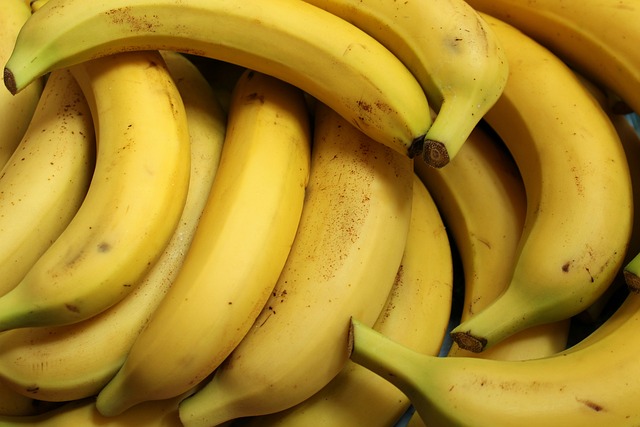Introduction
Intermittent fasting has gained popularity as a weight loss and health management strategy. However, some individuals may experience gastrointestinal issues, such as diarrhea, when practicing intermittent fasting. In this article, we will explore the potential causes of diarrhea during intermittent fasting and provide practical tips on how to prevent and manage this issue.
Potential Causes of Diarrhea during Intermittent Fasting
1. Rapid changes in eating patterns: Intermittent fasting involves alternating periods of fasting and eating. This sudden change in eating patterns can disrupt the normal functioning of the digestive system, leading to diarrhea.
2. Increased consumption of certain foods: Some individuals may consume larger quantities of high-fiber foods during their eating windows to compensate for the fasting period. While fiber is essential for digestive health, consuming excessive amounts can cause diarrhea, especially if your body is not accustomed to it.
3. Intolerance to specific foods: Intermittent fasting may not directly cause diarrhea, but it can exacerbate existing food intolerances or sensitivities. Common culprits include lactose, gluten, and artificial sweeteners.
Tips to Prevent and Manage Diarrhea during Intermittent Fasting
1. Gradually transition into intermittent fasting: Instead of abruptly starting with long fasting periods, it is advisable to ease into intermittent fasting gradually. Begin with shorter fasting windows and gradually increase the duration as your body adjusts.
2. Pay attention to your eating habits: Be mindful of the foods you consume during your eating windows. Opt for a balanced diet that includes a variety of whole foods, lean proteins, healthy fats, and moderate amounts of fiber. Avoid excessive consumption of high-fiber foods, especially if you are not accustomed to them.
3. Stay hydrated: Dehydration can worsen digestive issues, including diarrhea. Ensure you drink an adequate amount of water throughout the day, both during fasting and eating periods.
4. Identify and eliminate trigger foods: If you suspect that certain foods may be causing your diarrhea, consider keeping a food diary to track your symptoms. Eliminate or reduce the consumption of potential trigger foods and observe if your symptoms improve.
5. Consider probiotics: Probiotics are beneficial bacteria that can promote a healthy gut. Adding probiotic-rich foods like yogurt or taking a probiotic supplement may help restore the balance of gut bacteria and alleviate diarrhea.
6. Seek professional advice: If your diarrhea persists or worsens despite implementing these measures, it is essential to consult a healthcare professional. They can help identify any underlying conditions or provide personalized guidance to manage your symptoms effectively.
Conclusion
While intermittent fasting can offer numerous health benefits, it may also lead to diarrhea in some individuals. By gradually transitioning into fasting, paying attention to eating habits, staying hydrated, identifying trigger foods, considering probiotics, and seeking professional advice when necessary, you can prevent and manage diarrhea during intermittent fasting. Remember, everyone’s body is unique, so it may take some trial and error to find the approach that works best for you.
References
1. Mayo Clinic: mayoclinic.org
2. Harvard Health Publishing: health.harvard.edu
3. National Institute of Diabetes and Digestive and Kidney Diseases: niddk.nih.gov












